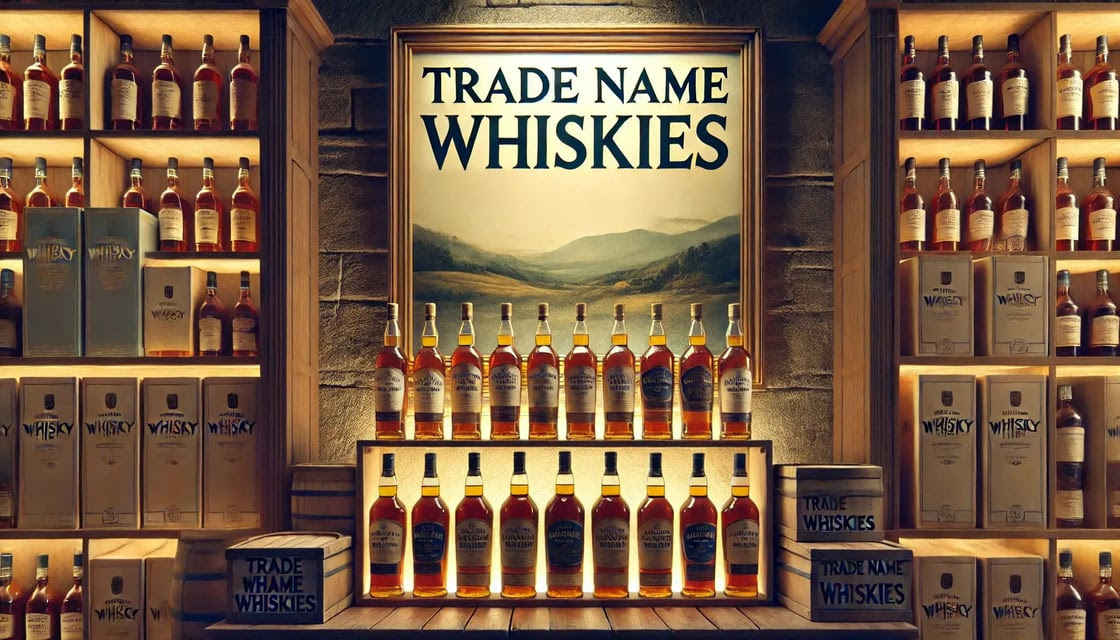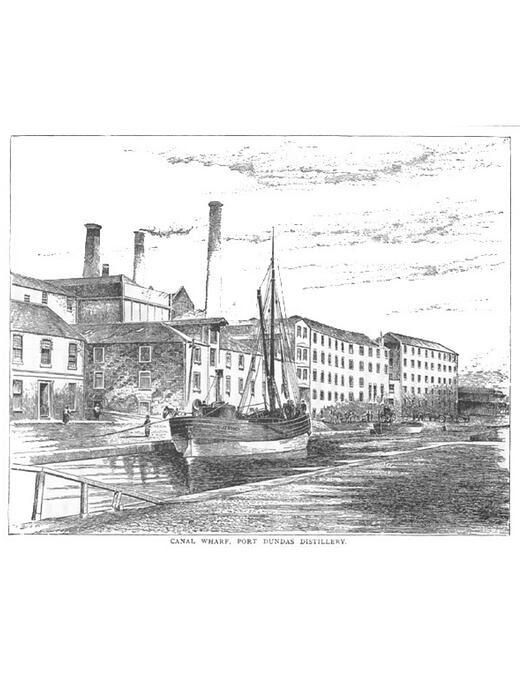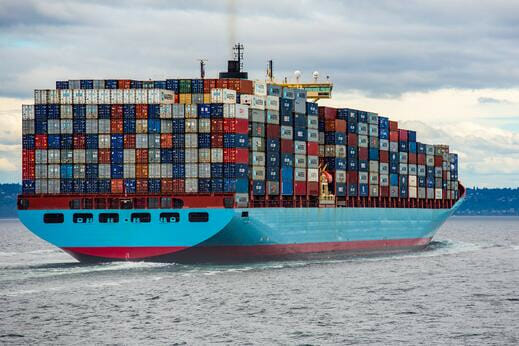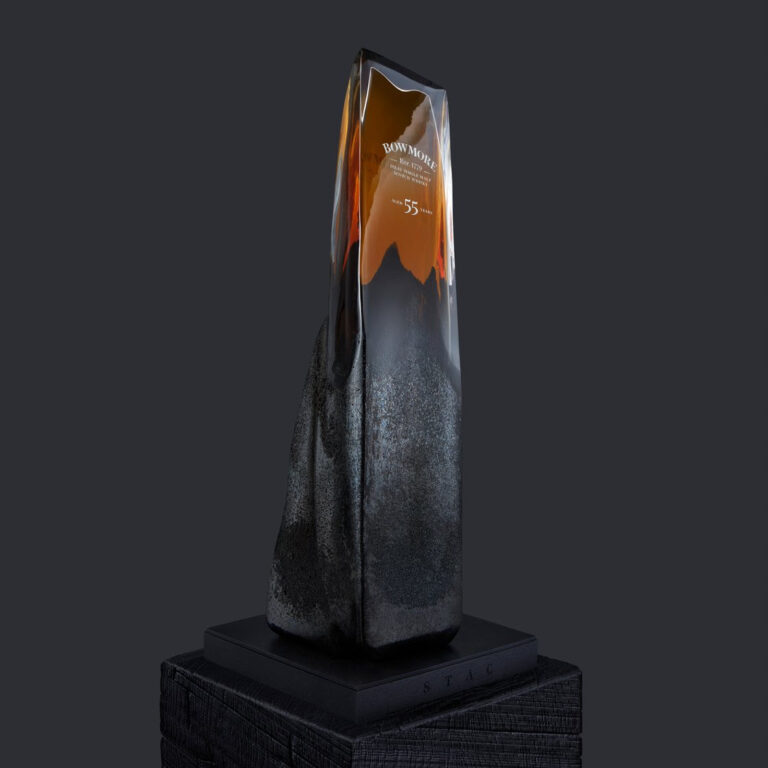

- Distillery-branded whiskies hold more value than trade name spirits, which lack long-term collectibility.
- Some investment companies market trade name whiskies as “exclusive deals,” but they are often independent bottlings with limited worth.
- Always verify the label and claims to ensure you’re investing in genuine distillery-branded whisky, not a trade name product.
The Importance of Avoiding Trade Name Spirits
In whisky collecting, you must recognize the difference between distillery-branded whiskies and trade name spirits. If you plan to build a quality collection, understanding these terms protects your investment. Not all bottles have long-term value. Some companies promise exclusive deals or rare batches, but the truth lies in the fine print. Let’s look at why avoiding trade name spirits makes sense and what you should watch for.

What Are Trade Name Spirits?
Trade name spirits are not sold under the distillery’s main brand. Independent bottlers buy whisky from a distillery, bottle it, and use a different name. While the liquid may come from a respected distillery, the trade name breaks its direct link with the original brand. This disconnect means collectors rarely value these bottles.
For example, Highland Park distillery produces whisky, but “Whitlaw” is its trade name bottling. “Whitlaw” might seem similar to Highland Park, but it does not carry the same prestige or collectibility.
The Trick Behind Exclusive Deals
Some companies say trade name spirits are “exclusive deals” from major distilleries. Tullibardine distillery makes “Ochil,” a trade name whisky, as an example. Collectors may think Ochil is a special batch, but it’s just another independent bottling. It sits apart from Tullibardine’s main brand, and collectors usually ignore it.
Certain companies will promote trade name whiskies as rare or unique releases. Buyers may believe they’re making a wise investment, but these bottles usually lack the potential to increase in value.
Why This Matters for Collectors
The bottle’s name is important. It stands for quality, heritage, and status. Highland Park and Tullibardine have strong reputations. Their main brands reflect this legacy. Trade name bottles like Whitlaw or Ochil lack that direct association and do not attract serious collectors.
New collectors often think that all whisky from famous distilleries will hold value. Trade name spirits often lead to disappointment. Many people buy these bottles, thinking they’re part of the distillery’s legacy. Later, they discover their purchase was a lesser-known, independent bottling with little or no investment value.
The Importance of Due Diligence
Take time to check every purchase. Always review your delivery order and invoice. The bottle name should match the distillery’s real brand. If you see “Whitlaw” or “Ochil,” you are not getting Highland Park or Tullibardine, even if the salesperson says otherwise.
Question every “exclusive deal.” If someone says they have a special contract with a big distillery, research further. Many so-called exclusive deals are just agreements to bottle trade name spirits, not true collaborations with the distillery.
Final Thoughts
Knowledge helps you build a whisky collection with real value. The market offers many great opportunities but can be risky for newcomers. We promise full transparency about our casks so clients make informed decisions.
Whether you’re new or experienced, always check the label. In whisky collecting, details matter most.
Get in touch today to start your whisky journey.



